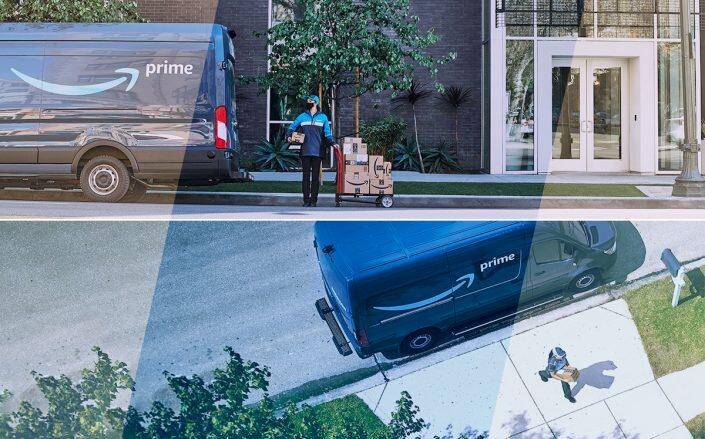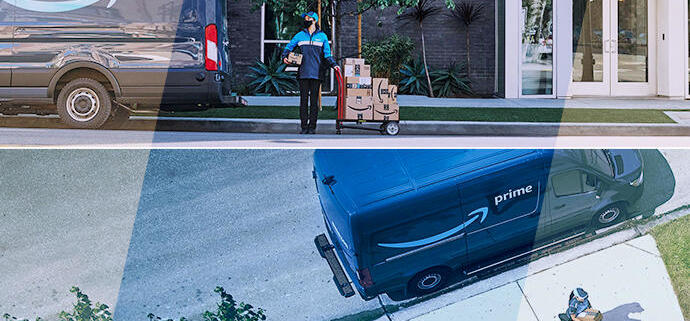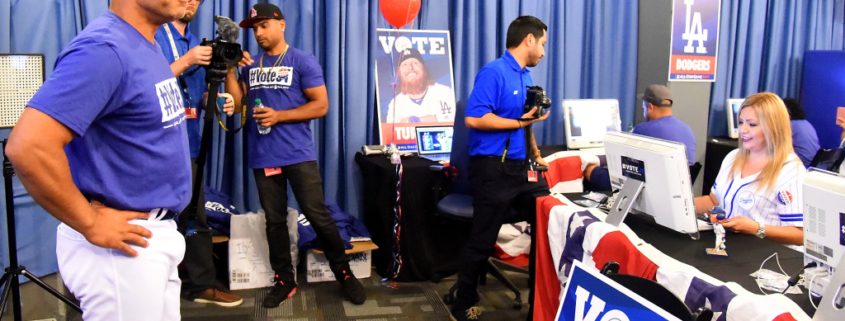Amazon Secures Mobile Access to Thousands of Apartment Buildings

(Amazon)
Amazon has secured smartphone access to thousands of apartment buildings across the country, in some cases breaking out gift cards to convince landlords.
The company pitches its Key for Business service as a way to cut down on stolen packages, according to the Los Angeles Times. But the program has also raised privacy and security concerns.
Amazon installs a device for free at the front door of a building, which allows drivers to unlock the door through the Amazon mobile app. The program launched in 2018.
Drivers must confirm with Amazon their identity, route and location. Access to a building is a one-time use and expires.
Amazon salespeople are cold-calling landlords and building managers to pitch Key for Business. They have also employed locksmiths to pitch the service when they change locks at a building. The company has in some cases given out $100 Amazon gift cards to landlords who sign up.
But consumer privacy and security advocates say the program raises serious questions. Amazon doesn’t notify residents that the service has been installed at their buildings besides sometimes leaving a sticker, according to the Times.
And Ashkan Soltani, a privacy researcher and former adviser with the Obama administration, said that any device connected to the Internet can be hacked.
“You’re essentially introducing a foreign internet-connected device into an otherwise internal network,” he said.
[LAT] —Dennis Lynch


